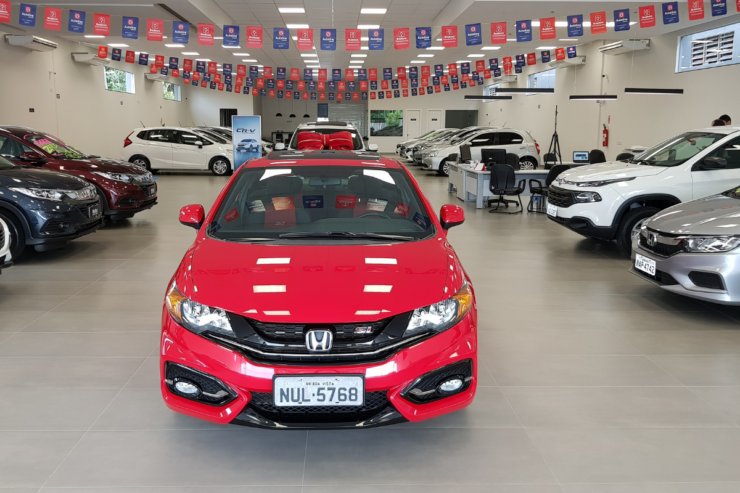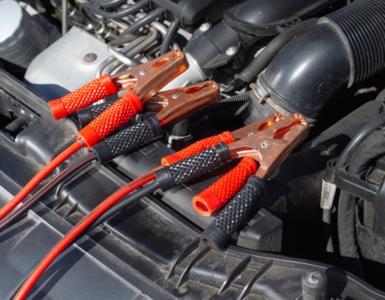Purchasing a used car is one of the best ways you can save money. When you purchase a new car, the moment you drive out of the dealer’s lot, the car starts to depreciate. When you opt for a used car, the owner of the new car already absorbs the pain of its extreme depreciation. Now, you pay a lot less than you would if you had bought the car new.
However, used cars out of warranty may require more maintenance, and they may be a little more expensive to finance. This and more makes buying used cars more complicated than opting for a new car. In this article, we’ll take you through how to find the perfect used car for you.
Set your Budget
There are just two options for purchasing a car: pay cash or take out a loan. Budgeting is quite straightforward if you pay cash. However, you may not want to spend all of your savings on a car. Most people obtain a car loan in order to save money and purchase a more expensive model. Getting preapproved for a vehicle loan makes the purchase process much easier and puts you in a better position to negotiate with your dealer. Remember to budget for registration, insurance, and potential future repairs.
Choose the Right Car
This is a big-picture that can help you limit your search when it comes to finding the perfect used car. Take inventory of everything you need in your next new (used) car before setting foot inside a dealership showroom. For instance, if you’re a stay-at-home mom with small kids, you’ve probably considered a midsize SUV or a minivan. If you are a single commuter who enjoys listening to music while driving to work, you may have considered purchasing a sports car.
Research Brands, Model and Depreciation and Reliability
 Today, we have access to more information about car brands, model reliability, and depreciation value thanks to reliable websites like Edmunds.com, KelleyBlueBook, and ConsumerReports. Also, car dealerships are obligated by law to give you a report on a used car before you make a purchase. This report covers the history of vehicle ownership, previous accidents or flooding, and anything else relevant.
Today, we have access to more information about car brands, model reliability, and depreciation value thanks to reliable websites like Edmunds.com, KelleyBlueBook, and ConsumerReports. Also, car dealerships are obligated by law to give you a report on a used car before you make a purchase. This report covers the history of vehicle ownership, previous accidents or flooding, and anything else relevant.
If you know what brand of car you want to buy, you probably know whether or not it is reputable. Excessive recalls on cars made by a certain automaker might be a warning sign for overall reliability. Once you’ve decided on the brand and model of the car, do an online search that focuses on the dependability of that specific vehicle.
Also, the most expensive aspect of automobile ownership is depreciation. More than regular maintenance, unforeseen repairs, and the cost of gasoline, automobile owners will be affected the most by how rapidly their vehicle depreciates. When you know the depreciation value of a car, it can help you save significantly in every area.
Shop Around
Used car dealerships have received their fair share of negative press in the past, and while the internet has helped to expose the bad apples, you should shop around at several local shops before making a final decision.
Do a quick online search for customer reviews before visiting a dealership. This is a terrific approach to find out if a local dealership is reliable and how they do business without having to waste time visiting them. Keep a list of locations with positive evaluations and browse their used car inventory online.
When you’re ready to visit a local dealership, pay attention to how the salesperson makes you feel and whether or not you’re comfortable negotiating with them. If a particular dealership offers the precise used car you desire, check another store to see if it has a comparable model and compare prices.
Consider Independent Mechanical Review
After a fantastic test drive, you might be eager to pay and drive the car home right away. However, you should not buy a used car without first having it thoroughly inspected by an independent car technician. The only exception is if you purchase a relatively new certified used car with manufacturer warranty coverage from an authorized retailer.
Close the Deal
The final stage is to close the sale, but you should negotiate a fair purchase price that benefits both sides. If you’re financing the car, concentrate on the purchase price in order not to get locked in a long-term loan contract with a higher interest in the long term. You must also complete the loan by making the lender sign the papers and get the necessary auto insurance coverage.












